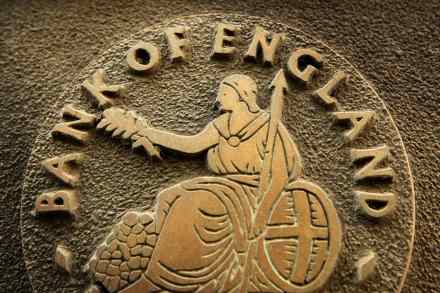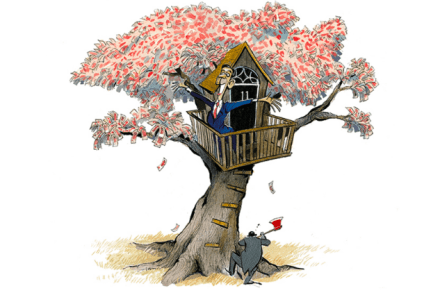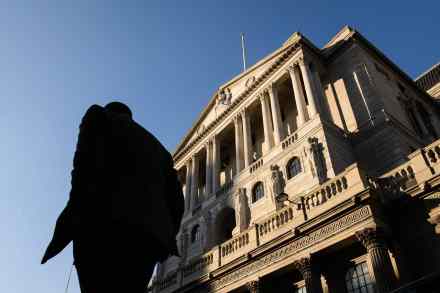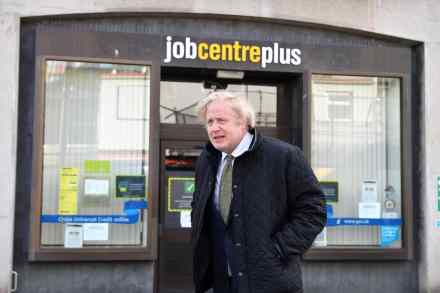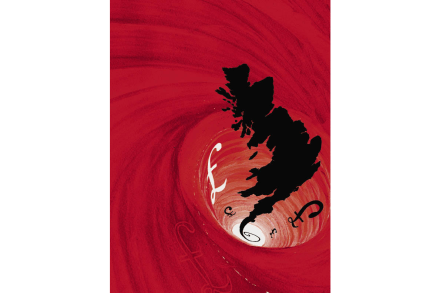The red herring at the heart of Boris’s tax hike
One of the most dubious and meaningless parts of today’s health and social care plan is the pledge that the new tax will be a ‘legally hypothecated levy’ – ring-fenced so that the money raised can only go to health and social care services. It’s dubious in the same way that the Tory manifesto pledge not to raise taxes turned out not to be worth the paper it was printed on. And it’s meaningless because a government that wants to unlink the tax could just pass a law doing that – and no legal ring-fence can stop it. It’s also worth remembering that the ring-fence around health and social care is










